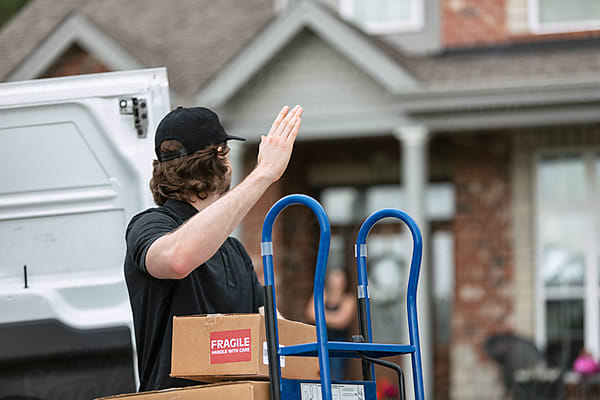One evening when I was thirteen, I spent three hours rapt on a seat next to my mother in the last row of the gallery in the old Philharmonic Auditorium in downtown Los Angles. The Auditorium was located directly north of what is now the underground parking lot of Pershing Square. While the theater is long gone, my memory of that evening remains, because at that memorable performance, an enduring love of musical theater blossomed inside me.
I had been at the birthday party of my friend, Carol Sumner, when my mother arrived unexpectedly early to pick me up
“Your dad and I have tickets to a musical tonight, and he has to work, so I’m going to go with you,” she said.
I didn’t know what “a musical” was, but I did know I was going to miss a helping or two of birthday cake and ice cream, so it had better be good.
My father was thrifty. Our seats seemed to be a football field away from the stage, but my vision and hearing were fine then. (“You don’t know what you’ve got ‘til it’s gone.”) I remember how my dad always decried the fact that the Sumners bought expensive seats in the Orchestra section. Of course, later in life, he never complained when I treated him to the front row.
The “musical” that evening, more than fifty years ago, was the traveling production of South Pacific. The stars were Mary Martin and Ezio Pinza. I still sing some of the songs (to myself) today. “Some Enchanted Evening” is one of the most romantic songs I’ve ever heard. Another song, “There is Nothing like a Dame,” is a comic masterpiece.
A few years later my parents took my brother and me back to the Philharmonic for a production of another Rogers and Hammerstein classic, The King and I. A few days ago while sheltering at home, I passed Daveen in the hallway and I remembered a happy song from The King and I, “Getting to Know You.” I’ve printed the full lyrics below for your reading pleasure and here is a link to Julie Andrews singing this song on YouTube: https://www.youtube.com/watch?v=4MNANgFCYpk
If you’re sheltering with someone else, you’re probably getting to know more about one another, for better or for worse. I won’t venture another opinion on that. But I’m thinking that I’m also getting to know myself better, and that is pretty nice.
I’ve found that when I get tired of TV news I can turn it off, I don’t enjoy movies with hurtful relationships, and I’m reminded that a good book will hold my attention and distract me for hours. Also, when I cook for myself, I eat better food (and smaller portions).
I hope you are enjoying being sheltered at home, either alone or together. It’s still a beautiful day in the neighborhood (see last week’s blog). More Irises bloom each morning, and today I picked a few low hanging lemons for my salmon salad. I love the fragrance of lemon trees.
Keep positive, and keep safe.
Alan
LYRICS FROM THE SONG “GETTING TO KNOW YOU” FROM THE 1951 ROGERS AND HAMMERSTEIN MUSICAL
THE KING AND I
[Spoken] It’s a very ancient saying,
But a true and honest thought,
That if you become a teacher,
By your pupils you’ll be taught.
[Singing] As a teacher I’ve been learning —
You’ll forgive me if I boast —
And I’ve now become an expert,
On the subject I like most.
[Spoken] Getting to know you.
[Singing] Getting to know you,
Getting to know all about you.
Getting to like you,
Getting to hope you like me.
Getting to know you,
Putting it my way,
But nicely,
You are precisely,
My cup of tea.
[ANNA AND THE MOTHERS]
Getting to know you,
Getting to know all about you.
Getting to like you,
Getting to hope you like me.
Getting to know you,
Putting it my way,
But nicely,
You are precisely,
[ANNA]
My cup of tea.
[ALL]
Getting to know you,
Getting to feel free and easy
When I am with you,
Getting to know what to say
Haven’t you noticed
Suddenly I’m bright and breezy?
Because of all the beautiful and new
Things I’m learning about you
Day by day.
Getting to know you,
Getting to feel free and easy
When I am with you,
Getting to know what to say
Haven’t you noticed
Suddenly I’m bright and breezy?
Because of all the beautiful and new
Things I’m learning about you
Day .. by … day.



